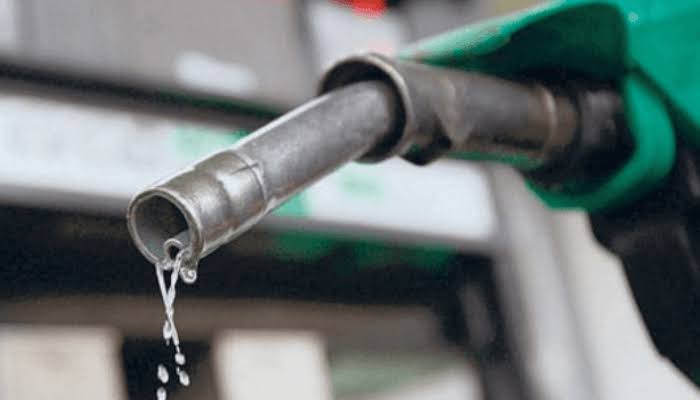Fuel Subsidy Removal: A Boon or Bane for Nigeria’s Economy?
In the midst of ongoing confusion surrounding the removal of fuel subsidies in Nigeria, President Bola Tinubu in April, defended his administration’s decision at the World Economic Forum in Riyadh, Saudi Arabia. Tinubu emphasized the necessity of removing the subsidy to avoid bankruptcy and reset the economy for growth, highlighting Nigeria’s commitment to economic collaboration and inclusiveness for global stability.
However, the International Monetary Fund (IMF) recently raised concerns about the reemergence of fuel subsidies, estimating that they could consume nearly half of Nigeria’s projected oil revenue. The IMF recommended phasing out the subsidies to free up funds for government operations.
The reintroduction of fuel subsidies has led to further economic challenges, including fuel scarcity and price hikes, with petrol prices now exceeding N700 per litre in some areas. The IMF’s warnings about the subsidies, coupled with currency devaluation, could worsen inflation and protests in the country.
Despite these challenges, President Tinubu’s administration remains committed to its decision, citing the need for tough but necessary measures to ensure Nigeria’s economic stability and growth. The government is working on phasing out the subsidies gradually while implementing measures to support the country’s poorest populations.

Leave a Reply
You must be logged in to post a comment.